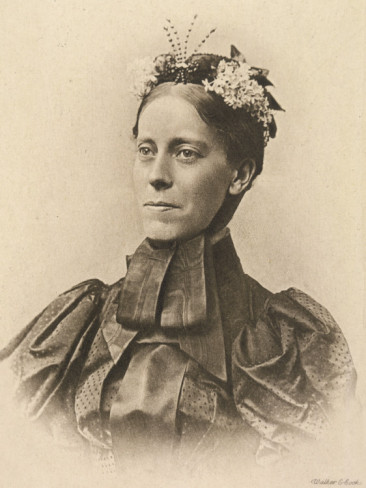Kingsley, Mary Henrietta
1862–1900
British traveler
While growing up in London, Mary Kingsley followed her father's travels around the world with great interest. His adventures and her own reading fueled her desire to explore the globe herself. After both parents died in 1892, Kingsley decided to travel. In the years between 1893 and 1895 she made two trips to Africa, visiting ANGOLA, the Congo region, NIGERIA, GABON, and CAMEROON. During her journeys she collected biological specimens—chiefly fish and reptiles—for the British Museum. Her most daring adventure took place in Gabon, where she visited the territory of the little-known Fang people, who were reputed to be cannibals.
Kingsley became known in Great Britain as something of an authority on Africa. Her books Travels in West Africa (1897) and West African Studies (1899) were extremely popular, and she delivered many lectures about her travels and about African culture. Kingsley shocked many people with her criticisms of Christian missionaries in Africa and her defense of African customs such as polygamy. However, she is now seen as one of the most enlightened and respectful European travelers to explore Africa in the 1800s. She died while nursing prisoners of war in SOUTH AFRICA.
